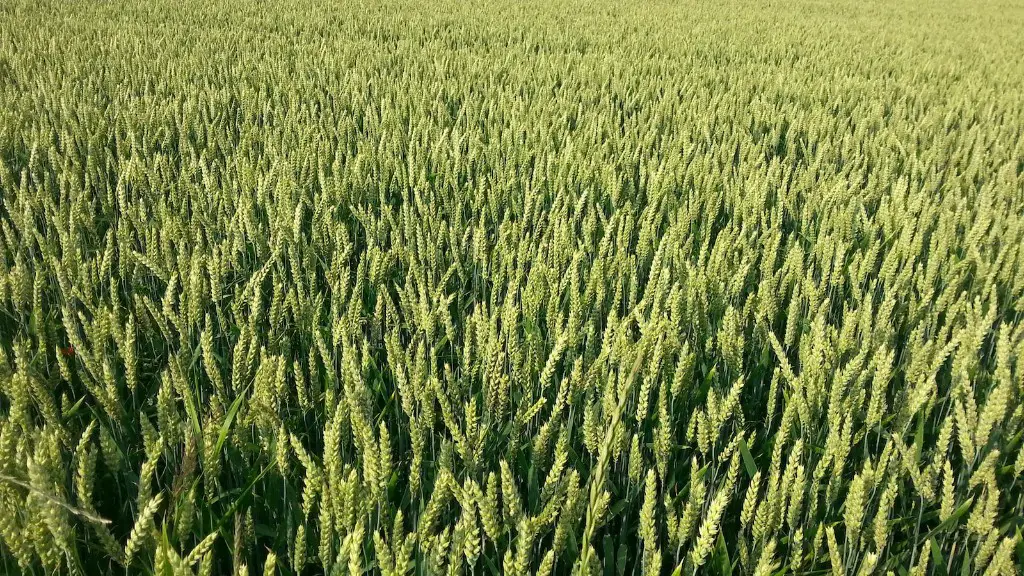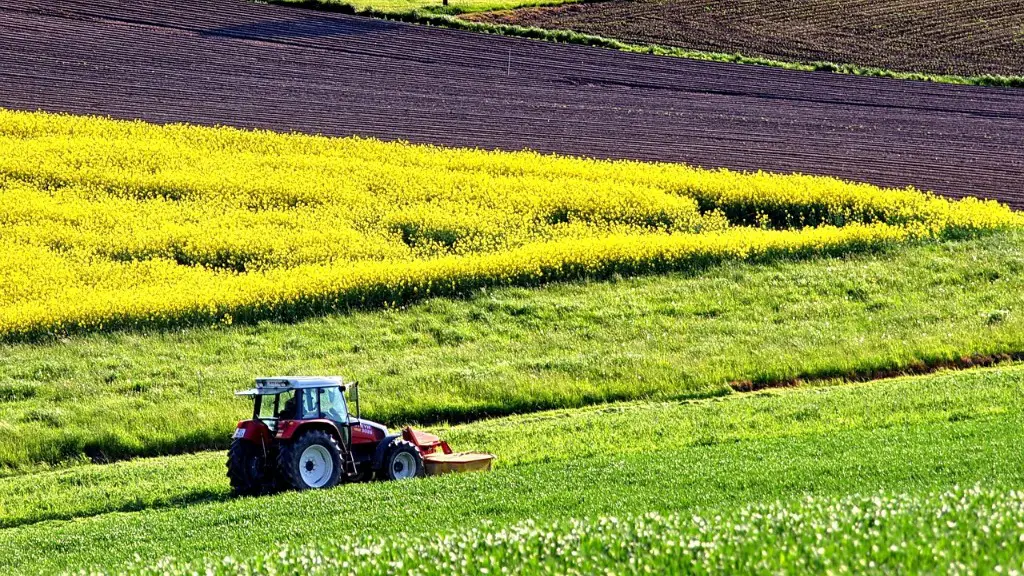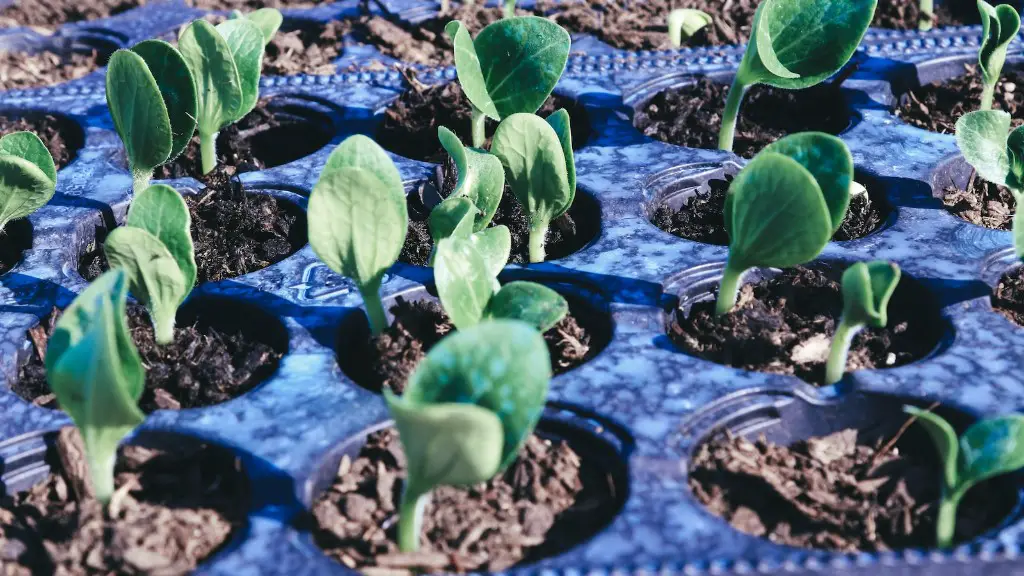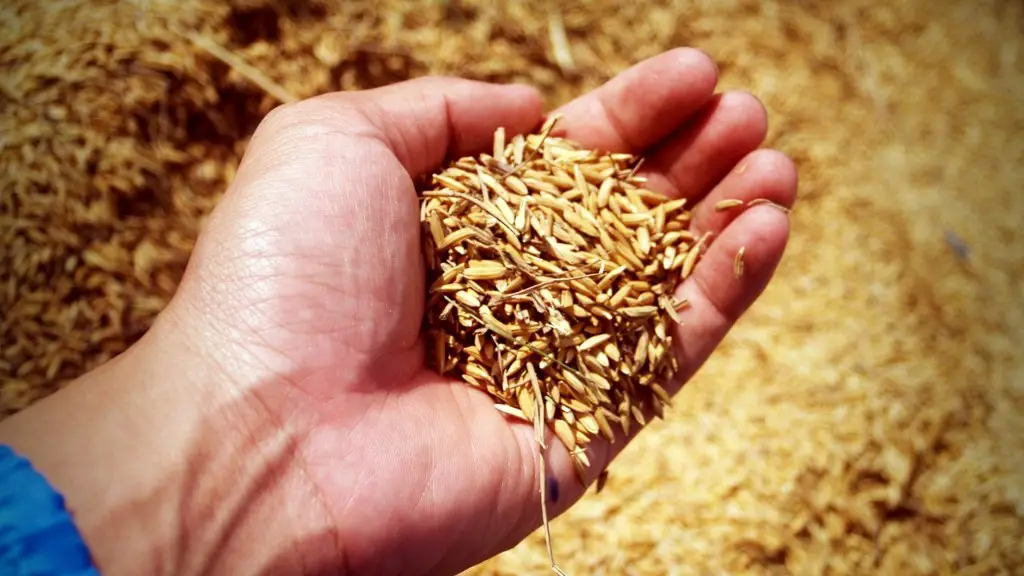Agriculture has been a prominent part of the global economy for centuries and is vital for providing food and resources for the world’s population. It contributes to global economic health by providing income, employment, and food security on a national and international level. Agriculture also caters to import/export markets, and provides resources to energy providers. Here, we will explore how agriculture contributes to the global economy.
One important way that agriculture contributes to the global economy is through the production of food. Agricultural produce helps to feed a large portion of the world and provides sustenance, health, and nutrition for millions of people. Additionally, food security is important for international development, allowing nations to remain self-sufficient and less financially drained by the importation of food.
Another contribution of agriculture to the global economy is through exports and imports. Agriculture as an export industry can bring in finances, as well as strengthen diplomatic relations between nations. Meanwhile, imports offer access to food and resources that a nation does not have access to on its own soil.
A third way that agriculture influences the global economy is in its domestication of animals. This provides meat, dairy, and other animal byproducts to the global food supply, adding variety and nutrition. Moreover, domesticated animals can also act as a form of currency in some parts of the world, providing locales with a form of economic exchange.
A fourth instance in which agriculture impacts the global economy is through providing jobs and employment. Farming, ranching, and other agricultural operations require labor, and employing people in rural areas ensures a better quality of life and a greater GDP by keeping money in the economy.
Finally, agriculture can also contribute to the global economy by providing resources for energy companies around the world. Using things such as corn, wheat, and soybeans to produce fuels, like ethanol, creates an alternative and more sustainable energy source. Furthermore, agricultural raw materials can also be used for manufacturing products, such as paper and textiles.
Food Security
Food security is an important factor in the global economy because it ensures that nations are self-sufficient and can remain so without relying too heavily on imports. Producing food within a nation can cut costs and provide greater nutrition, as well as a means to exchange food based resources with other nations or international organizations. In addition, food security can help give rise to economic development in the form of jobs, income, and increased trade.
Food security is dependent on two primary elements: availability and access. Availability is the ability of a nation to produce enough food necessary to feed its populace. This can be done through agricultural production, fishing, hunting, and animal husbandry. Access, on the other hand, is the ability of a nation to provide food to its citizens in a fair, just, and consistent manner. To do this requires a system of distribution, as well as support in the form of education, financial assistance, and incentives.
Food security has major implications for the global economy, by boosting the local economy of a nation, providing more resources for the global market, and alleviating any issues related to hunger and malnutrition. Moreover, it contributes to peace and stability since it supports the basic human rights of having enough affordable food for sustenance.
Environmental Benefits
Agriculture can also benefit the environment through its practice of conserving and replenishing natural resources, such as land and water. By promoting proper environmental stewardship, such as crop rotation and sustainable farming practices, farmers are able to maintain a healthy ecosystem and provide clean air and water. In addition, agricultural products, such as animal feed, fertilizer, and bioplastics, help to sustain the Earth by reducing the emissions of harmful chemicals.
Agriculture helps to preserve biodiversity by promoting coexistence between humans, animals, and nature. As various plant species are nurtured and supported, the interactions between them in the form of pollination and pest control, create a healthy and balanced environment. As a result, the planet can remain self-regulated and clean. In turn, this helps to maintain productivity in fields and forests, as well as preserve endemic species.
With the increasing effects of climate change, agriculture has become an integral part in mitigating it. By providing climate-smart practices such as no-till farming, cover crops, and water conservation, farmers are able to reduce carbon emissions, increase water retention, and reduce soil erosion. As a result, the planet is being given a much-needed natural break, allowing for more equal distribution of resources and healthier growing conditions for crops.
International Trade
Agriculture also plays an important role in international trade and globalization. As agricultural products can easily be transported, they are traded all around the world, and play a major role in linking nations through economic cooperation. This cooperation occurs in the form of sharing technology, facilitating investments, and increasing the demand for locally produced goods.
Agricultural trade also impacts global markets, such as the stock exchange, and can shift the value of currencies. Agricultural products are important for feeding large populations, and when one nation is unable to provide for itself, it must rely on the surplus of other nations. Moreover, by buying and selling each other’s goods, nations can increase the flow of capital and create lasting trade relationships.
Moreover, agriculture serves as a vehicle for resolving international disputes. Civil wars and famine may be kept in check, while economic cooperation between nations could be nurtured. Regional integration has been made possible through agricultural trade, which has allowed all countries to partake in the global economy.
Carbon Emissions
Agriculture is also responsible for producing carbon emissions. The cultivation of crops and livestock provides natural sources of carbon dioxide and methane, which are both greenhouse gases with the potential to cause significant effects on the environment. In order to reduce the emission of these gases, farmers are implementing sustainable practices, such as the use of cover crops, reduced tillage, and improved irrigation.
In addition, agricultural products with low carbon footprints are becoming more popular, such as plant-based proteins, organic products, grain-fed meats, and responsibly farmed fish. In addition to lowering carbon emissions, these products provide an alternative to those wishing to eat ethically and reduce their environmental impact.
Furthermore, governments and organizations are providing incentives and regulations designed to limit carbon emissions and promote sustainability. These include tax incentives, subsidies, exemption of certain production methods, and regulations on animal waste, as well as regulations on agricultural emissions.
Knowledge & Research
Agriculture also has a role in increasing knowledge and research. Agro-technology is essential in developing methods to ensure that agricultural production remains sustainable, while research organizations help to advance the understanding of agricultural techniques, processes, and products. Additionally, quality control systems help to monitor and regulate the manufacture of agricultural products in order to ensure that they are safe for consumption.
The advancement of technology within agriculture has brought about a heightened understanding of its role in the global economy. Organizations such as the International Food and Agriculture Organization (FAO) have provided many benefits to nations, by sharing best practices, ensuring food safety standards, and providing emergency assistance in times of need. Moreover, research groups continually study different production methods, soil types, and their effects on the environment, in order to ensure that food security and environmental concerns are addressed.
By providing access to food, employment, and resources, agriculture has become a major contributor to the global economy. It helps to preserve the environment, advance research, and promote international cooperation. Through these contributions, agriculture helps to keep the global economy functioning, and increase the quality of life for people all over the world.





